Carbon Accounting Software for UK Businesses
Automate Scope 1–3 emissions and generate audit-ready SECR reports - without spreadsheets or consultants.
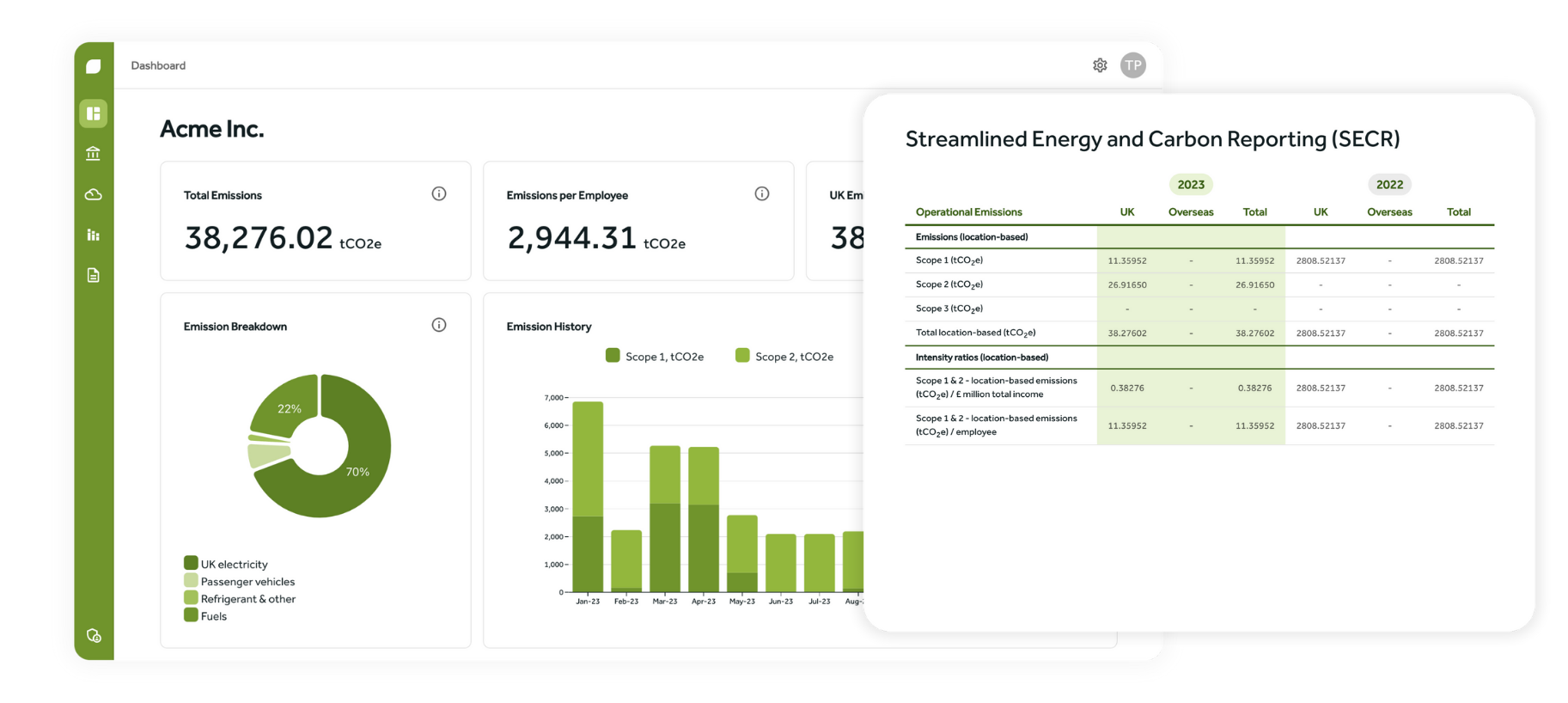



Trusted carbon data
Trusted climate and emissions data
The Gaia Carbon Accounting platform is the world’s leading software for any company or corporation looking to track and report on their Carbon Emissions. Aligned with the Greenhouse Gas Protocol (GHG Protocol) Gaia uses cutting edge technology to provide global assistance. Whether it is at the international scale or looking at more country or region specific such as the SECR in the UK or the CSRD in the EU, Gaia is the perfect solution for Scope 1, 2 and 3 emissions. Using the leading industry standard data to calculate your carbon emissions, including the annual UK GHG conversion factors provided by DEFRA and DESNZ.
You’re in good company
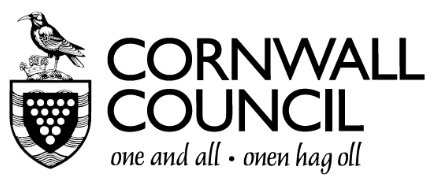

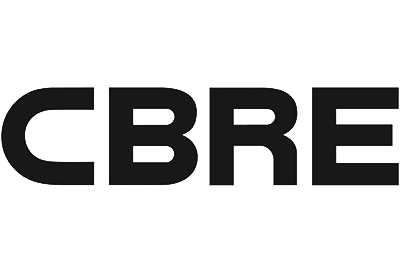


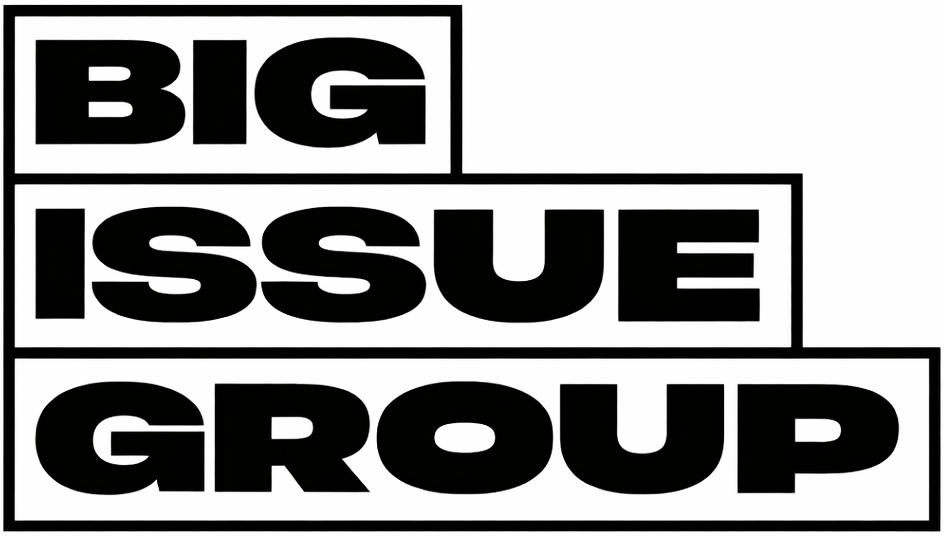
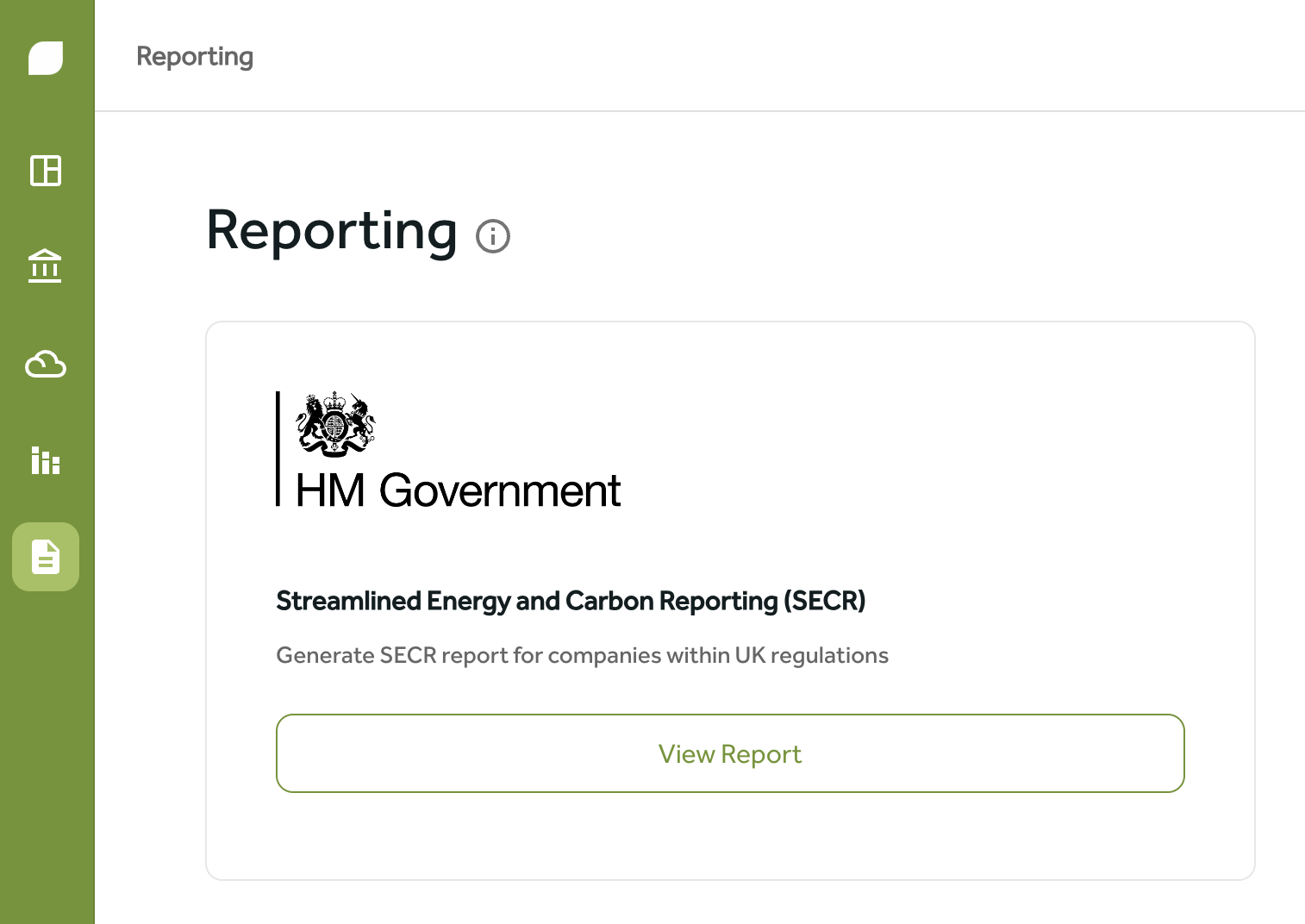
Out of the box best practice
Streamlined Energy and Carbon Report (SECR)
Generate compliance reports, including the Streamlined Energy and Carbon Report (SECR), at the click of a button. Gaia's Carbon Accounting Software has out of the box best practice built-in as standard, enabling you to generate reports quickly and easily with reliable data you can trust.
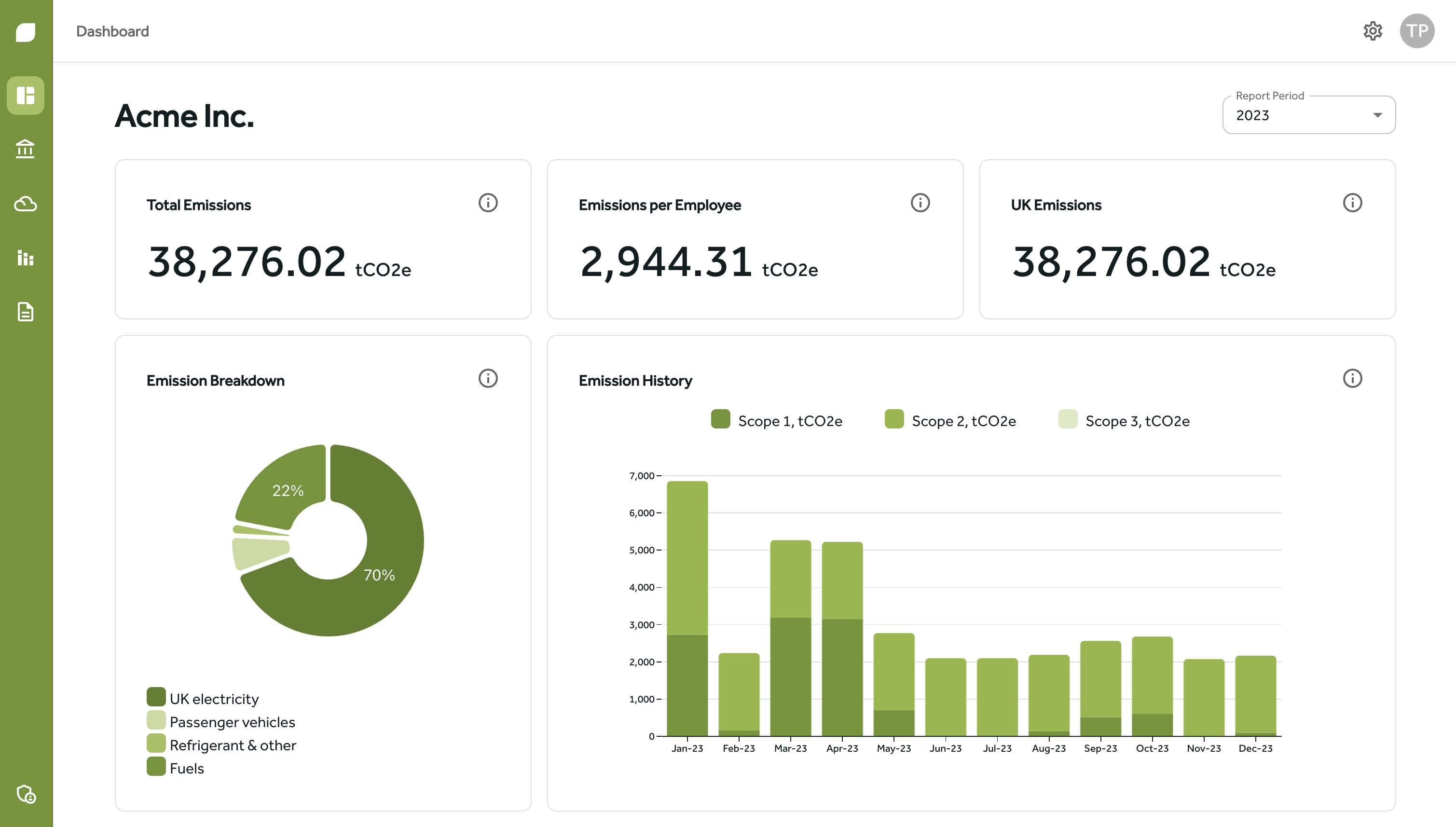
AI-powered software
Faster data collection with AI
Save time by leveraging Gaia Carbon Accounting's AI to remove much of the admin burden associated with carbon emissions calculations and data reporting.
Why Gaia
Most Accurate
Gaia Carbon Accounting is proven to be the most accurate platform on the market, achieving a data reliability score of up to 96%.
Easy to use
Built by actual software experts who understand the importance of UX and UI, Gaia Carbon Accounting is set up to be as easy to use as email or internal messaging system.
Cost Effective
Despite boasting the best data scores in the world, Gaia’s use of AI and the flexibility of the software makes it one of the most cost effective on the market. No setup costs, no hidden project fees. Just one annual licence.
The perfect solution for companies looking to measure, analyse and report their carbon emissions
Measure
Gaia’s Carbon Accounting software covers Scope 1, 2 & 3 and the first challenge is how you actually gather that data. Gaia’s UK based development team is constantly focused on improving the most efficient and accurate.
From sophisticated API integrations to allow for live data, to a bespoke automated survey feature that allows you to keep your suppliers all in one place, to finally our proprietary ‘Document Extraction’ tool that allows customers to simply drop PDF, Excels, CSVs and many more into the system and the system will automatically extract and calculate the emissions, saving you hours. Gaia is proud to boast the highest data accuracy and completion rate on the market.
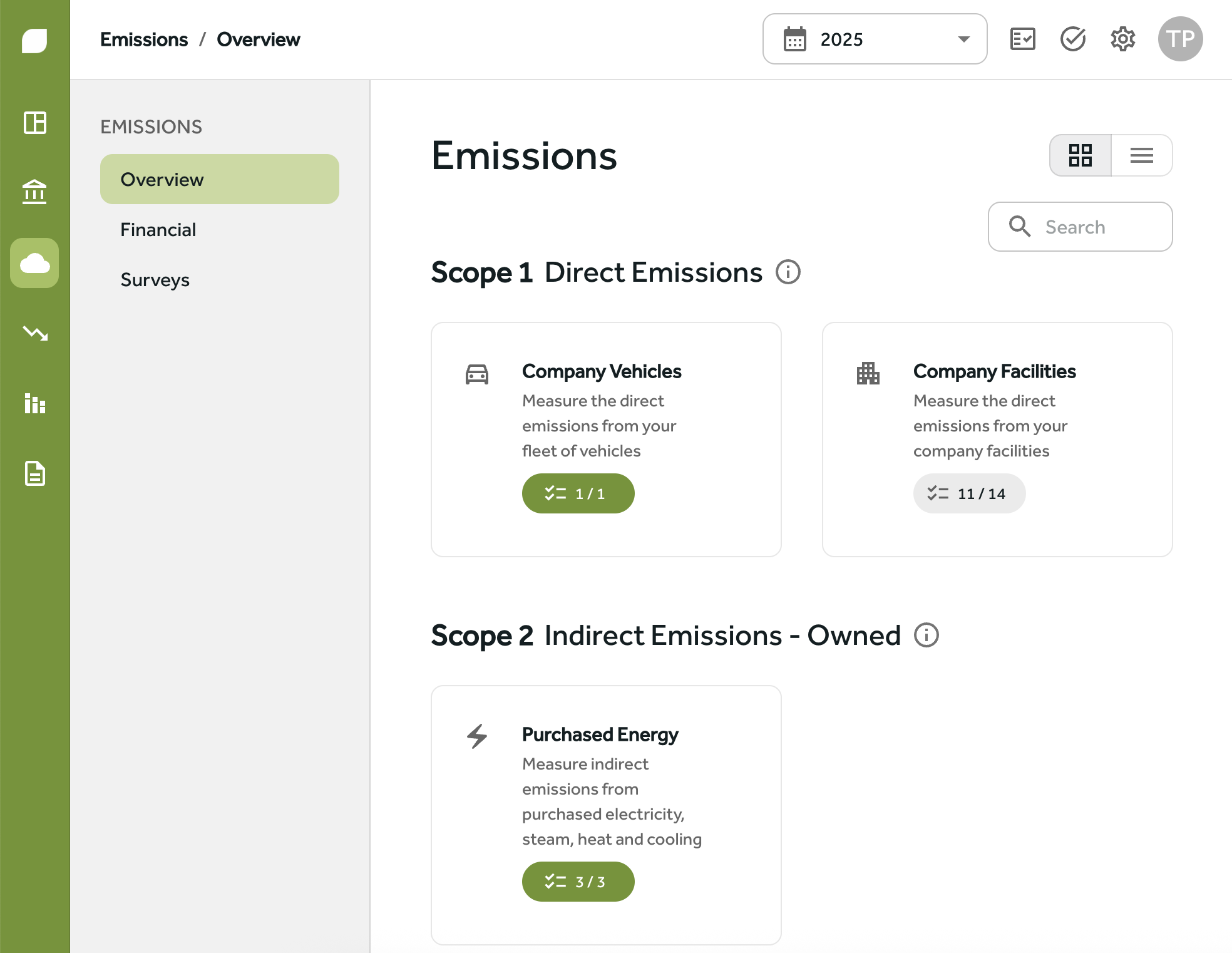
Analyse
Collecting the data is one thing, but ensuring it is in a format that is easy to understand and action is the next. Gaia comes with tonnes of features to allow exactly this. From anomaly detection, to a beautifully designed interface as well as one of the most sophisticated and flexible analytics packages you will encounter.
With the ability to manipulate it across any format, data set or time period, Gaia gives you all of the answers at your disposal, allowing you to strategically ensure your time is being put to use on the biggest and most high value tasks.
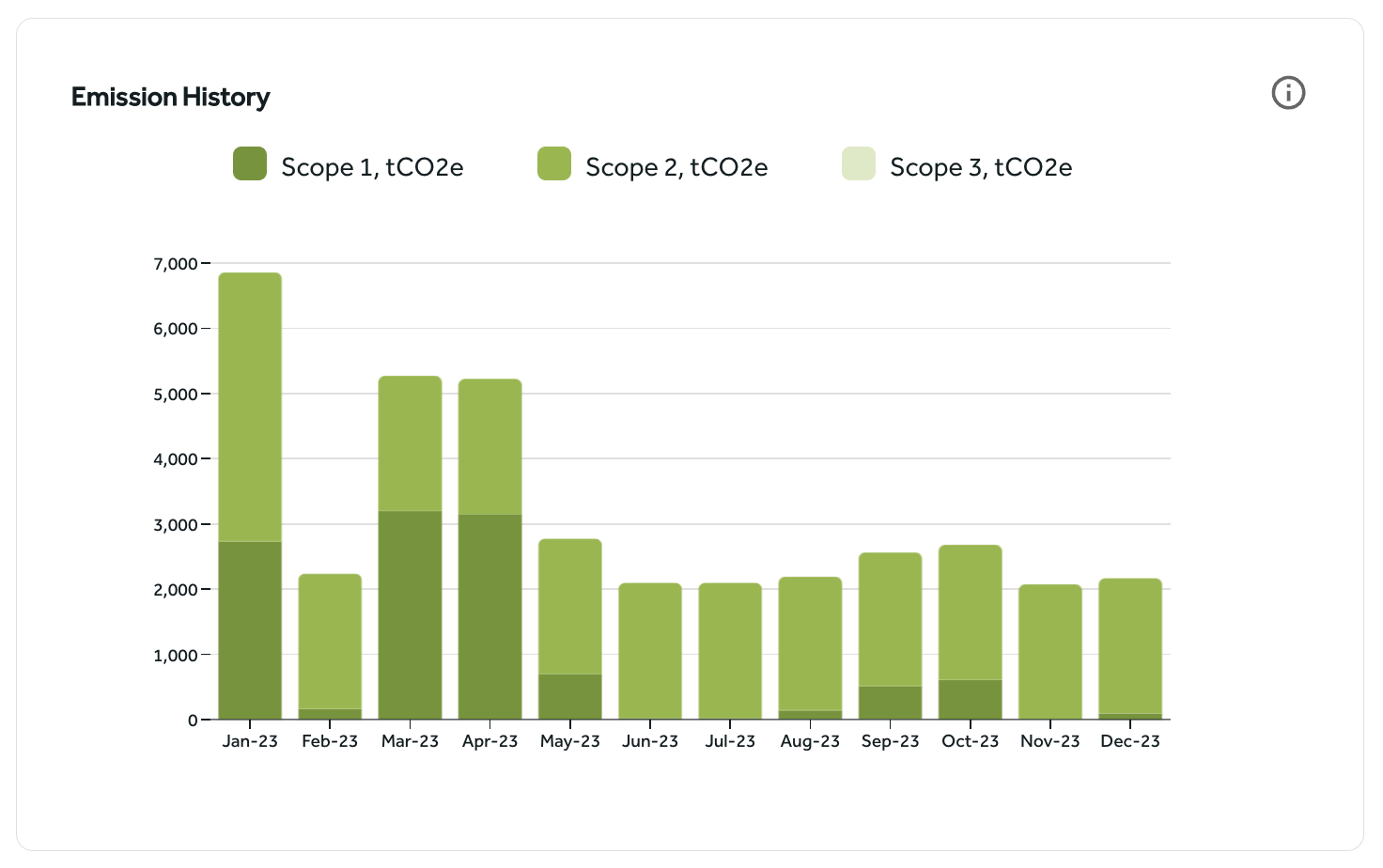
Get started with a free trial or book a demo
Report
Reporting is both essential and time consuming. Once again, Gaia has you covered. With our AI tool creating bespoke, branded reports at the simple click of a button Gaia is dedicated to ensuring as little time is wasted internally as possible.
Alongside this, Gaia’s reporting functionality also covers multiple frameworks and organisations. Whatever it is government based such as the SECR or the ESRS or a B Corp application Gaia will tailor the report for the exact format that you require ensuring both compliance and reducing enormously on Audit and reporting costs.

Reduce
Having an accurate report is all well and good. But Gaia’s software goes a lot further. Providing a list of actions that can help reduce Carbon Emissions. This allows not only a reduction in greenhouse gas emissions but is also a huge cost saver as it helps automatically identify areas of inefficiencies in your account that you can then investigate further.
Alongside this, Gaia has its own Marketplace of Carbon Credits. Our Natural Credit marketplace boasts over £1.2 billion worth of verified and exceptional assets giving our customers a huge advantage when it comes to offsetting.
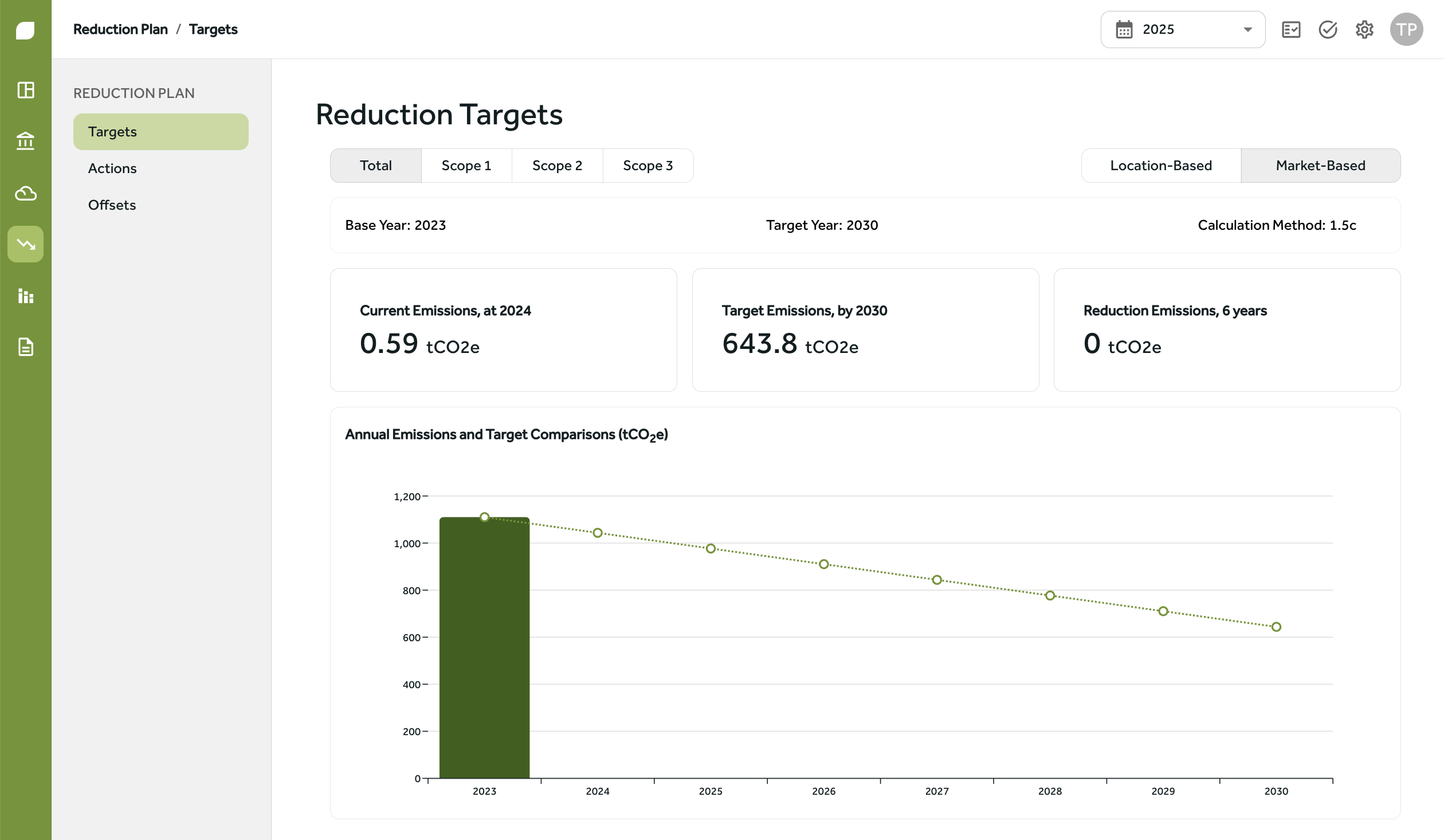
G.AI turns artificial intelligence into climate intelligence
Meet G.AI, the AI tool that sits behind our Carbon Management software and powers our clients to success.
Document Extraction
Simply drag and drop documents including CSV, Excel, PDF, Word docs and more. G.AI will not only scan the documents, it will extract the relevant information and make the relevant calculations
Anomaly Detection
By analysing millions of data points across our customer base, G.AI delivers an unprecedented level of data intelligence. This allows Gaia to automatically flag anomalies – whether unusually high or low – so you can quickly identify inefficient suppliers and inaccurate emission factors.
Data Completion
No Carbon emissions data is ever complete, especially when it comes to Scope 3. G.AI’s data completion tool looks at the missing data and then, using your existing numbers and the millions of data points we have in the system, puts together a ranged estimate to give you the most likely figure, allowing you to close the gap on that missing data to an accuracy level of up to 80%.
Report Generation
Our state of the art analytics system gives you complete flexibility to work with data your way. You can also create bespoke, branded reports at a click of a button. Available to publish as both a web link as well as download as a PDF, it is the perfect tool to help save you time as well as provide you with easy, informative reporting.
Integrate Gaia with your favourite apps
Centralise your data into a single application to track emissions across your organisation

Gaia Carbon Accounting Pricing
Find the right plan for your business
Standard
- Measure scope 1, 2 and 3 emissions
- SECR Report
- Basic Analytics
- Gaia Marketplace Access
- Supplier Engagement
Pro
- Everything in Basic
- Automated Scope 3 Data Collection
- Carbon Reduction Plan
- Advanced Analytics
- Integrations
Enterprise
- Everything in Pro
- Decarbonisation Strategy Builder
- Advanced Integrations
- API Access
- Single Sign-On (SSO)
FAQs
What is carbon accounting?
Carbon accounting (also known as Greenhouse Gas Accounting) is a form of measurement that allows companies to measure, analyse and track how many Greenhouse Gas (GHG) emissions are released into the atmosphere every year.
This is extremely important to both government and corporation net-zero targets because an accurate assessment of the current level is essential to any
With Net Zero emissions becoming an ever more important goal, Carbon Accounting enables businesses to measure their carbon footprint and work towards this goal.
Carbon Accounting can be broken down via direct emissions and indirect emissions, which are classified as either Scope 1, Scope 2 or Scope 3 emissions.

What are the benefits of carbon accounting?
Carbon Accounting is a hugely important part of a company’s approach these days and provides a huge amount of benefits.
- Regulatory Compliance: Ensuring a company is abiding by its climate responsibility and making sure there are no fines or financial penalties
- Competitive advantage: Showing a proactive approach to carbon accounting and reduction is a huge selling point to customers or clients, leading to increased customer loyalty and brand value as well as being very attractive to new customers.
- Cost savings: By identifying areas of high energy consumption and emissions, companies can implement efficient measures leading to lower utility bills and other cost savings.
- Employee production and retention: A strong carbon accountancy and reduction is a huge pull when it comes to both recruiting new employees and retaining existing ones. It can also have an increase in productivity.
- Revenue Growth: Companies that reduce their GHG emissions through carbon accountancy qualify for green certifications that open up new markets or allow them to charge a premium on products.

How does carbon reporting software work?
Our software helps organisations measure, track, and reduce their greenhouse gas (GHG) emissions. It simplifies the process of managing carbon footprints through these key steps:
- Data Collection – The software gathers activity data from sources such as energy usage, fuel consumption, travel records, and supply chain operations. It can integrate with existing systems like IoT devices and enterprise software to automate data input.
- Emission Calculations – Using established standards like the GHG Protocol, the software converts activity data into GHG emissions for Scope 1 (direct emissions), Scope 2 (purchased energy), and Scope 3 (indirect emissions across the value chain). Emission factors from recognised databases ensure accuracy. This approach supports sustainability data aggregation for better decision-making.
- Analysis and Reporting – The platform provides insights into emissions hotspots, enabling users to identify areas for improvement. It generates detailed reports to meet regulatory requirements and sustainability reporting goals.
- Action Planning – Advanced features may offer tools to model emission reduction targets, set science-based targets, and track progress toward achieving them.
Our carbon accounting solution empowers organisations to take control of their environmental impact while ensuring compliance and driving sustainability efforts. It also supports ESG reporting and helps you stay ahead of evolving regulations.
Whether you’re setting reduction targets, improving data quality, aligning with sustainability frameworks, or working to reduce emissions, Gaia gives you the tools to act.
From small businesses to global enterprises, Gaia provides sustainability solutions to meet any need, supporting effective sustainability management and real climate action.
All this, through a user friendly platform that simplifies your sustainability work, often in just a few clicks. Even your financial data can be integrated to better understand the relationship between emissions and business outcomes.

Get started with a free trial or book a demo
